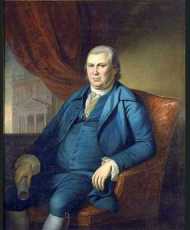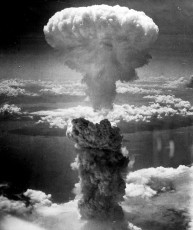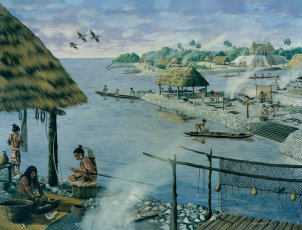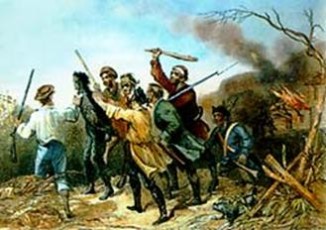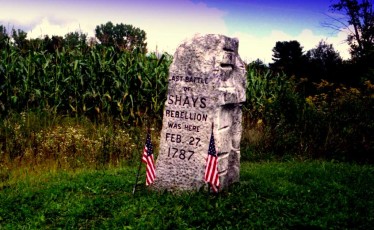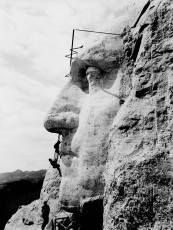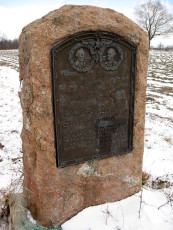Ep. 0092: Top Ten Dangerous US History Books

Join CJ as he discusses:
- Crisis & Leviathan by Robert Higgs
- The Creature from Jekyll Island by G. Edward Griffin
- The Tragedy of American Diplomacy by William Appleman Williams
- A People’s History of the United States by Howard Zinn
- The Triumph of Conservatism by Gabriel Kolko
- The Yankee and Cowboy War by Carl Oglesby
- The Underground History of American Education by John Taylor Gatto
- Emancipating Slaves, Enslaving Free Men by Jeffrey Hummel
- Family of Secrets by Russ Baker
- A Renegade History of the United States by Thaddeus Russell
- Plus several other ‘honorable mentions’ that for one reason or another didn’t quite make CJ’s top 10
Support the Dangerous History Podcast via Patreon
Internal Links


